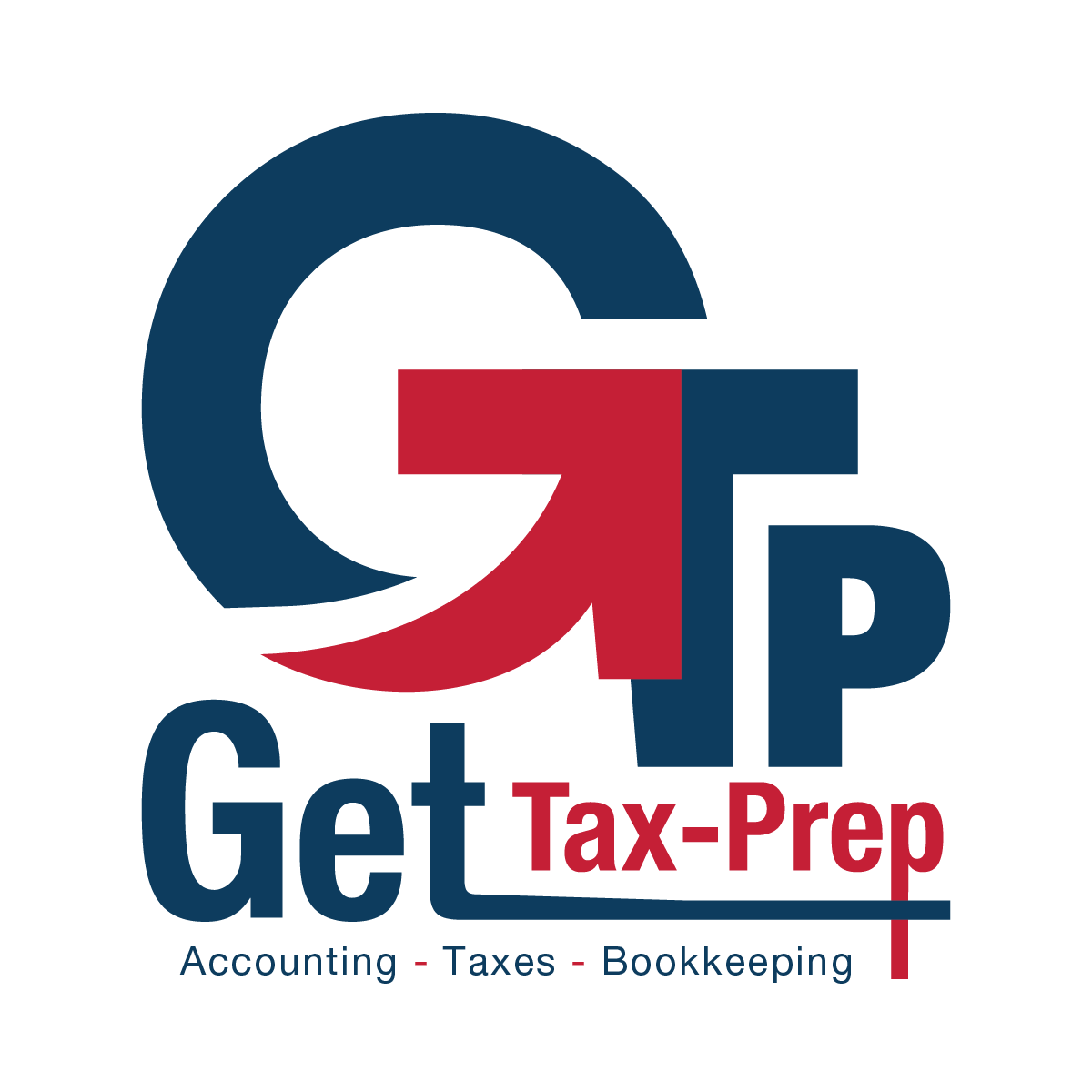Tax season presents an opportune time for individuals and businesses to explore the intricacies of deductions, a powerful tool for optimizing tax liability and potentially increasing refunds. In this comprehensive guide, we’ll delve into the art of maximizing deductions, providing practical insights to empower you on your tax journey.
Deductions serve as a valuable means to reduce taxable income, and understanding the various categories is essential. From standard deductions to itemized deductions, taxpayers have choices that can significantly impact their financial outcomes. The art lies in selecting the most advantageous method based on your unique circumstances.
Charitable donations, often overlooked, stand as a prime avenue for deduction optimization. Beyond cash contributions, non-cash donations such as clothing, household items, or even mileage for volunteer work can add up. Keeping meticulous records of these contributions ensures you can claim every eligible deduction.
Homeownership opens the door to various deductions, from mortgage interest to property taxes. Familiarizing yourself with the rules and nuances of these deductions can result in substantial savings. Additionally, energy-efficient home improvements may qualify for tax credits, providing an extra layer of financial benefit.
For small businesses, understanding deductions is paramount. Expenses related to business operations, including office supplies, equipment, and travel, can often be deducted. Leveraging these deductions not only reduces taxable income but also supports the growth and sustainability of your business.
Education-related deductions offer another avenue for optimizing your tax situation. Qualified education expenses, such as tuition and student loan interest, can contribute to lowering your taxable income. Keeping track of these expenses ensures you receive the maximum benefit when filing your tax return.
Medical expenses, subject to certain limitations, are deductible when they exceed a certain percentage of your adjusted gross income. This includes not only out-of-pocket medical costs but also expenses related to transportation for medical care and certain home improvements for medical purposes.
In conclusion, the art of maximizing deductions involves a comprehensive understanding of the available opportunities and a proactive approach to record-keeping. As tax laws evolve, staying informed about changes and consulting with tax professionals can further enhance your deduction optimization strategy. Remember, every eligible deduction contributes to a more favorable tax outcome, making the effort invested in mastering this art well worth it. Stay tuned for more insights on navigating the intricacies of tax planning and maximizing your financial well-being.


Add a Comment